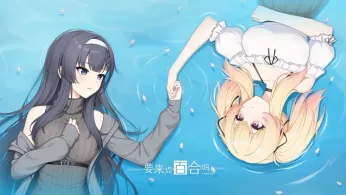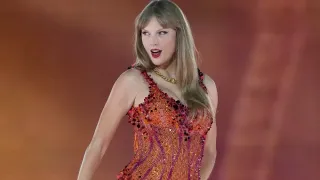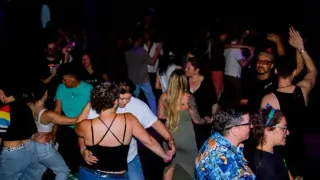
2 hours ago
Itch.io’s Content Ban Leaves Queer Game Creators Facing Financial Hardship and Censorship
READ TIME: 3 MIN.
In July 2025, indie game platform Itch.io enacted a significant policy shift, rapidly delisting and deindexing scores of games labeled as adult content from its marketplace and search pages. The change, which took effect overnight without warning to creators, was triggered by demands from payment processors—companies that facilitate online transactions—responding to pressure from the Australian activist group Collective Shout, which campaigns against pornography and sexualized material in media .
While the stated target was content deemed "objectionable" by payment processors, the ban’s effects have reached far beyond explicit material. Many LGBTQ+ creators—particularly those making yuri and lesbian-themed games, some of which are entirely safe-for-work—found their titles caught in the purge. This has left creators scrambling for clarity, as Itch.io’s updated rules still leave substantial ambiguity over what content is permitted .
For independent game developers from marginalized communities, platforms like Itch.io have been essential spaces for sharing creative work, building community, and earning income outside mainstream publishing channels . The sudden removals have disrupted these vital lifelines.
One affected developer, Krispycat, described how her games—Wendy, Warm, and Like Seafoam—disappeared from search results, despite containing no explicit material. “They’re completely innocent stories, but I suspect they’re hidden because they’re yuri games,” she told Trans News Network. Krispycat, like many others, worries about losing both her audience and her ability to support herself through her art .
The repercussions have been especially severe for those who rely on Itch.io for income. Maddie May, known as Milkboy, reported, "I have no other means to support myself currently. Itch made me a little bit of money, but it already wasn't a lot. Me and my girlfriend have been on the verge of homelessness for a while, and we survive completely on her income. Itch helped ease that struggle, if only a bit" .
The effects have extended to community events as well. Over half of the 200 entries in the Toxic Yuri Game Jam, a collaborative event for lesbian-themed games, were reportedly restricted or removed .
The situation highlights the growing influence of payment processors over digital platforms and, by extension, over the types of content creators can produce and sell. Critics argue that decisions made under pressure from external advocacy groups can lead to collateral damage, particularly for marginalized creators whose work is often misunderstood or unfairly categorized .
Journalist and content creator Ana Valens, who has covered censorship trends in gaming, noted that the current bans disproportionately affect yuri and lesbian games, as well as other queer-themed content. This, she argues, results in a chilling effect for LGBTQ+ creators, who already face barriers to mainstream publishing .
Some developers have also pointed to the lack of transparency from Itch.io, stating that they received no warning or clear communication prior to their games being removed. "Itch.io’s reaction to processor pressure was so kneejerk that it wasn't even clear to devs which types of content were the problem," reported PC Gamer .
In response to outcry, Itch.io has clarified some of its new rules and has allowed some free adult games back onto the platform. However, paid titles remain in limbo as the platform seeks new payment processing solutions . The future remains uncertain for many creators, especially those whose work does not fit neatly into mainstream content guidelines.
The controversy has drawn attention to broader issues of digital censorship and the precarious nature of queer creators’ livelihoods. As one developer told GamesIndustry.biz, “LGBTQ devs and fans are losing the platforms and communities we helped build” .
Advocacy for creator rights and transparent, inclusive content policies is growing in response, with calls for both platforms and payment processors to recognize the diversity and legitimacy of LGBTQ+ creative expression in games.






